- Home
- Choosing a Caregiver
What
Does a Caregiver Do for Elderly Seniors?
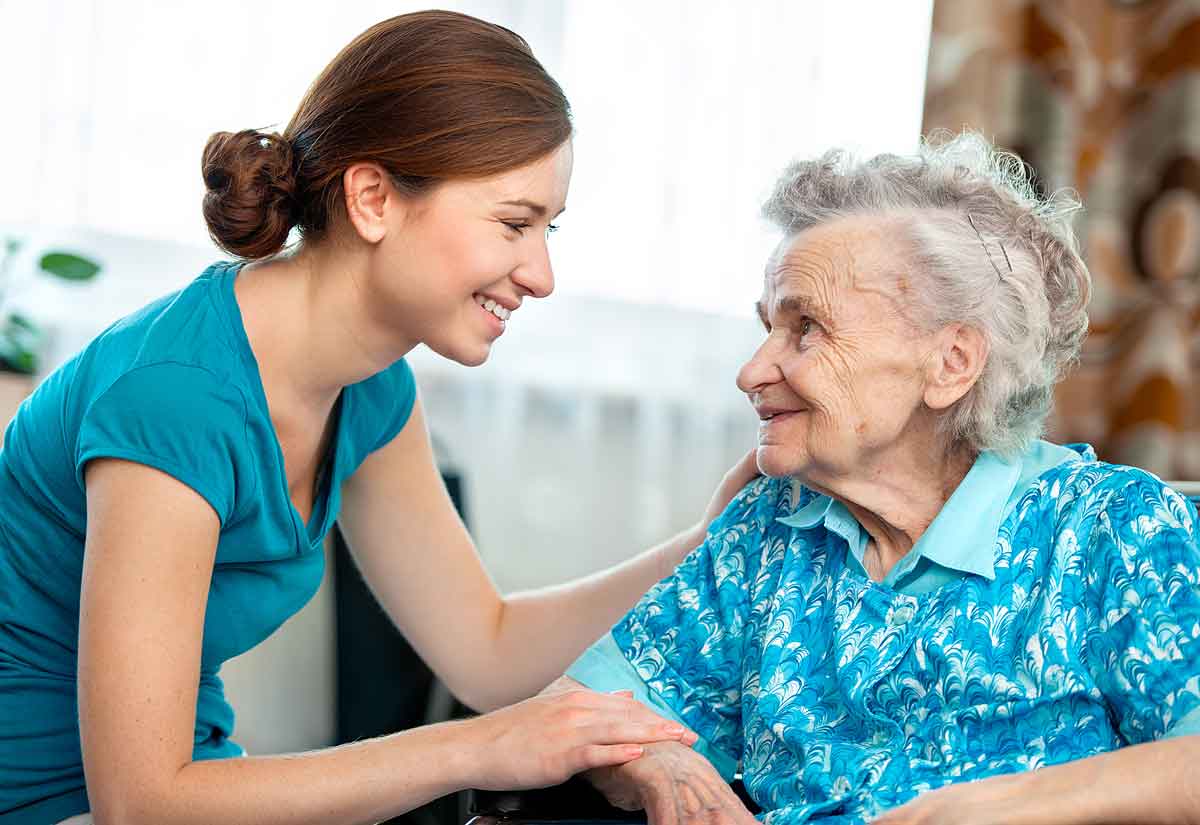
What does a caregiver do for seniors?
Most importantly she makes your loved one feel safe, comfortable, and human.
Why Hire a Caregiver?
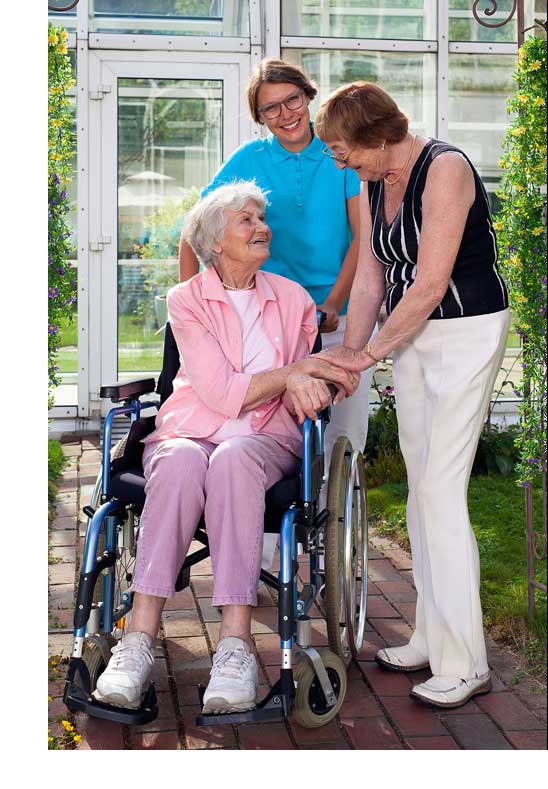
An aging loved one may need a caregiver for a number of reasons: Memory issues, mobility issues, declining strength, chronic conditions, injury,… Anything that makes everyday living and daily chores overly challenging.
When considering caregiving for a loved one, you will need to consider whether it should be a family member, or, a professional. Part time, or, live in full time.
Depending on the amount of support needed, long term caregiving may be too much for a family member. When it is, it can take a toll on the caregivers physical and emotional well being.
A caregiver’s duties may vary as time goes on, and, from day to day. But, basic tasks remain the same.
Let’s take a look and see: “What does a caregiver do?”
What Does a Caregiver Do?
The Day to Day Tasks
Your senior caregiver needs to be able to perform a number of daily functions for her Caree (the person being cared for). These include:
#1) Assist With Basic Needs
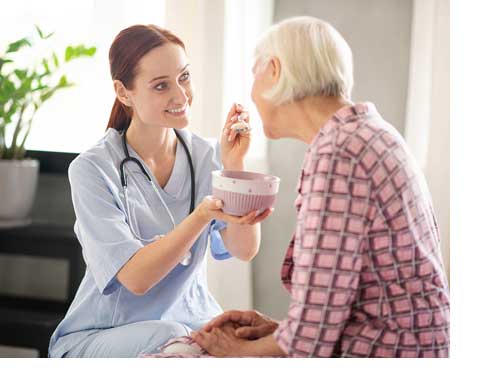
As we seniors age, memory and mobility issues can become difficult. “Activities of Daily Living” (commonly referred to as ADLs), even the basic tasks of eating, bathing, toiletry, and grooming may require assistance.
#2) Provide Companionship
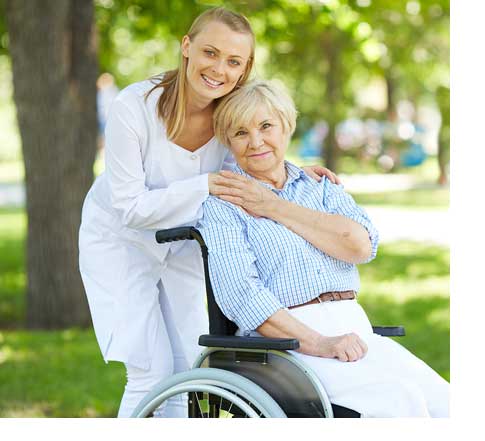
This is one of the most overlooked and yet one of the most essential of all the caregiver tasks. This is part of the “Feeling Human” aspects. And, this requires the most time and patience.
When you interview potential caregiver it is most important to get a feel for the potential caregiver. The routine tasks are just a part of the job. The compassion and sense of caring are of the utmost importance.
Feelings of loneliness and isolation abound when seniors live alone. And, these feelings can cause serious consequences. Namely: depression.
The caregiver needs to spend time with their Caree. And, be able to enjoy their company and bring joy through conversation, reading, simple games….
We will talk more about the importance of this later.
#3) Prepare Meals
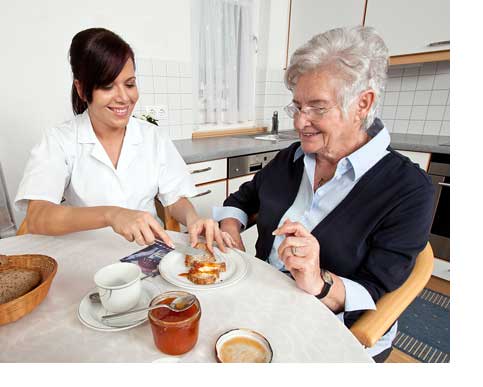
Preparing nutritious foods becomes more and more difficult as seniors age. And good food is important.
The Caree may lack the necessary energy to cook. Or, not have the motivation. In more advanced decline, it may just not be possible. Balance and memory may be issues that make meal preparation impossible.
The caregiver may need to help with the food shopping as well.
Taking the Career to a restaurant out occasional may also be part of the job.
#4) Assist With Mobility and Transfer
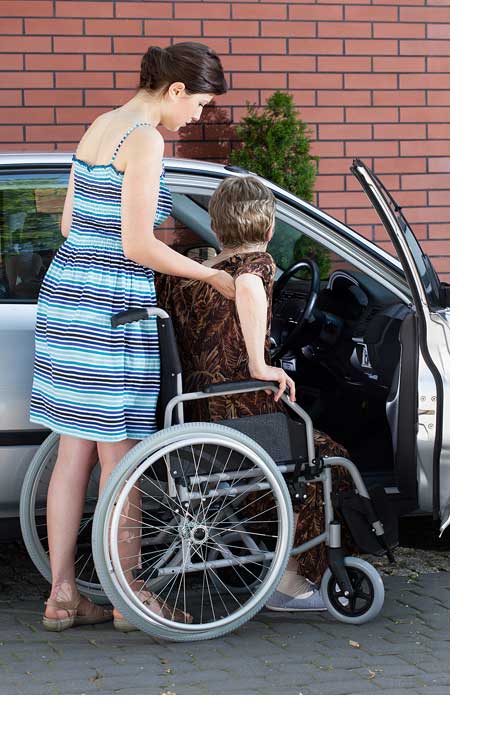
Falls become a major peril as we seniors get older and older.
Even getting out of bed alone can be a serious situation for a Caree.
Helping with mobility and position transfer requires a certain amount of physical strength. And, this is something a caregiver must possess.
#5) Provide Transportation
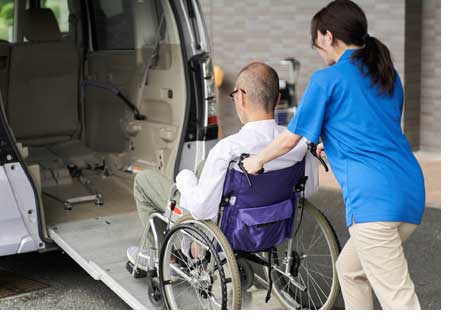
Driving and even public transportation may no longer be an option for your Caree. The caregiver may need to transport, or, find senior transportation to get her Caree to appointments and social activities.
#6) Help With Housekeeping
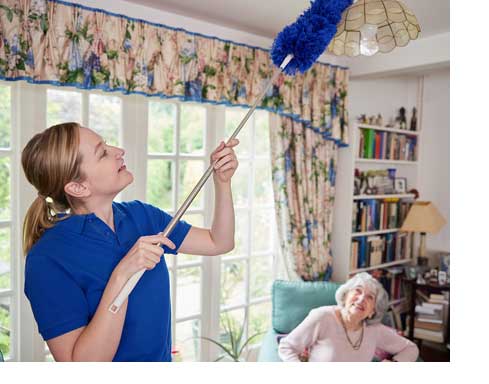
As we seniors age, and slow down, housekeeping may become too difficult. But, we still want to enjoy a neat and clean house.
A caregiver may need to help with the housekeeping, or even, do all the housekeeping. So, doing the dishes, vacuuming, taking out the garbage, dusting, etc…. may be part of the job.
Snow shoveling, may be out of the question for even active seniors with quick minds.
As much as we would all like to be able to live out our lives in our own homes, there may come a time when you may want to consider if your Caree would benefit more from the support of a senior living community.
#7) Keep Track of Medical Needs

The caregiver is, more often than not, needing to:
- Keep track of doctor appointments
- Assess pain levels
- Manage and time medication use
- Know when to call for assistance
#8) Monitor Medications

We mentioned this just above. But, it is important enough to give it it’s own section.
Older seniors often are taking a number of prescription medications. And, your Caree may need help in taking what they need when they need it. This is especially true with seniors of advanced age.
Over medication is a risk when memory is declining. A caregiver often needs to be the one who is in charge of their regimen.
#9) Regularly Assessing and Updating
Their Plan of Action

We humans are not static beings. We change regularly on our life journey.
As older seniors decline, it’s very important to know that the caregiver(s) are keeping up with the needs of their Caree. And, their plan of care must be adjusted accordingly.
Keeping in close contact with the Caree’s doctors to discuss any changes is very important.
Also, adjusting to more appropriate activities is part of the art of caregiving.
“What Does a Caregiver Do?”
The MOST Important Thing
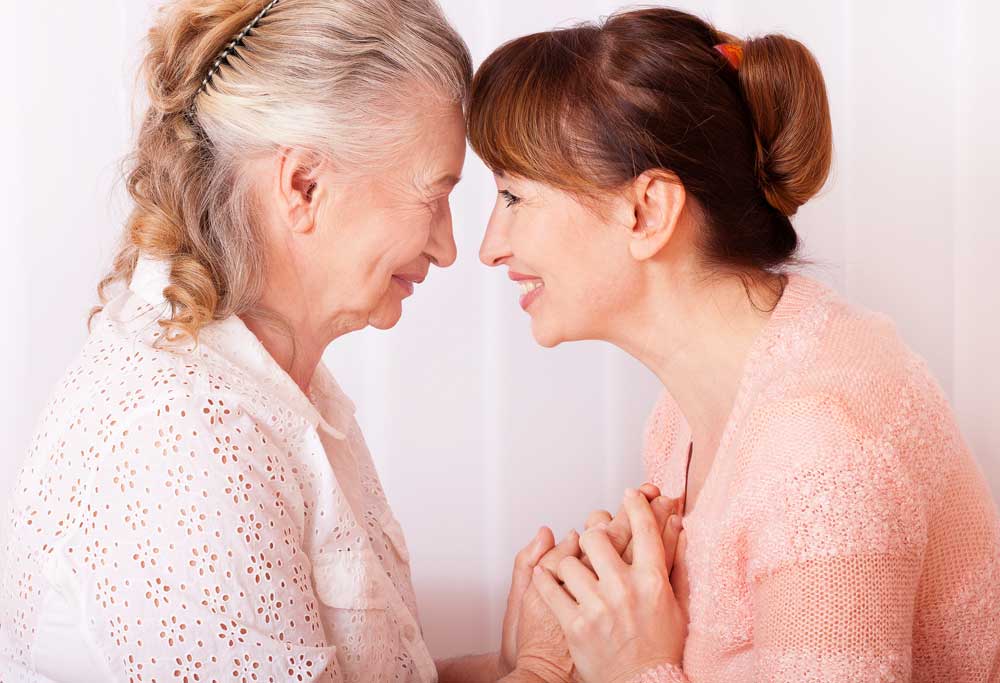
Of course your caregiver will need to be able to perform all the functional tasks. Simply ask the agency you work with about her and ask for references to call.
However: The very most important question to ask yourself when determining what Does a Caregiver Do? is this:
Is your caregiver going to be able to give the emotional support and human compassion necessary to make your loved one’s life enjoyable and good?
How Do You
Choose the Right One?
This is the most important part.
Of course every caregiver needs to be able to handle the day to day things that you read about above.
Some will do these tasks extremely well. Others may not be so good at housecleaning. Or, cooking. Or, they drive slowly….. But, that is not as important as their compassion:
Is she a nice person?
Does she truly care about her Carees?
Is she a good listener?
Is she truly compassionate?
AT the end of the day, is her Caree happy?
Yes, specific skills and abilities are necessary to properly care for elder seniors.
But, the warmth and the humanness that you should look for are equally important. Probably even more important to their well being as human beings. And, that compassion is what is most important in making the Caree feel cared for.
If you unfortunately find you have made a mistake, fire this one, and get another. There is nothing wrong with doing this. As good as some appear, not every caregiver is a good match.
Taking Carer of
The Caretaker
Professional caretakers know the demands of their job. Still, it is a very demanding and emotionally draining occupation. It's exhausting. You never know what will be needed when. Even at the most inconvenient times.
Showing compassion for the caretaker is important also. Genuine praise and thanks go a long way. We are all human beings. We all need and are nourished by these things.
If a family member has taken the job, it is hard. Especially long term. AS much as they love their family, they too need their own support system to avoid burnout. Here is how you can help them: "Taking Care of the Caretaker in Your Life"
Learn More:
Here is a Great VIDEO that will help you learn more about being a caregiver:
What Does a Caregiver Do
for Elderly Seniors?
CONCLUSION
What does a caregiver do?
She helps another human being, who can no longer fully take care of themself, be happy, safe, and secure.
From our own experience, with our own Mom:
It’s Worth Taking The Time to Find the Right One.
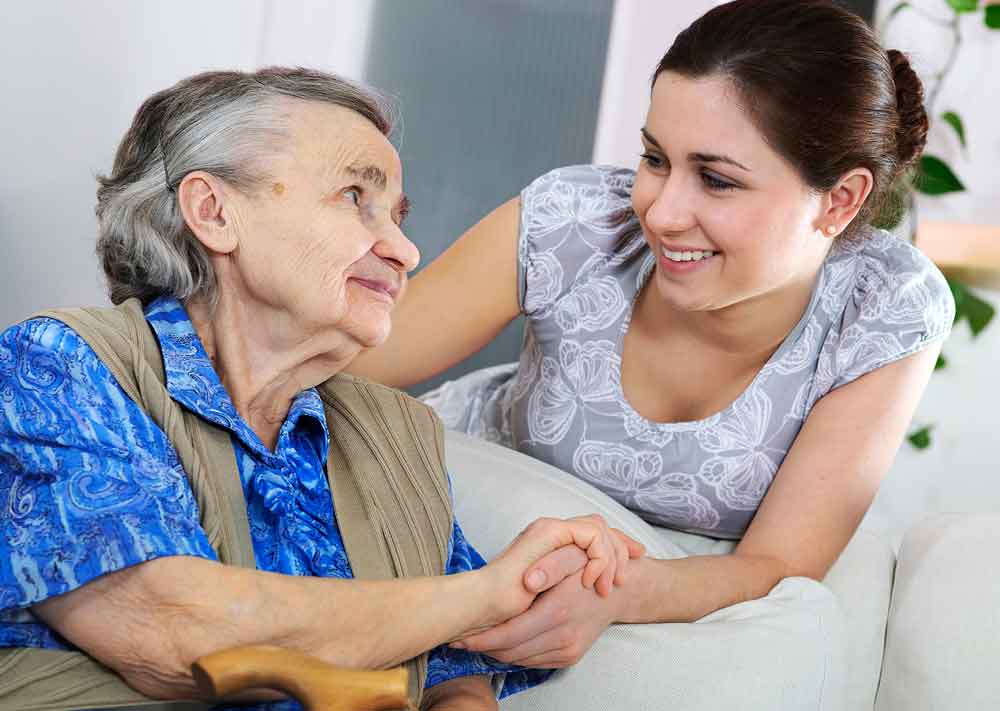
All Our Best to YOU and Your Loved One! ~ William, Fiona, and Charlotte
Your second block of text...
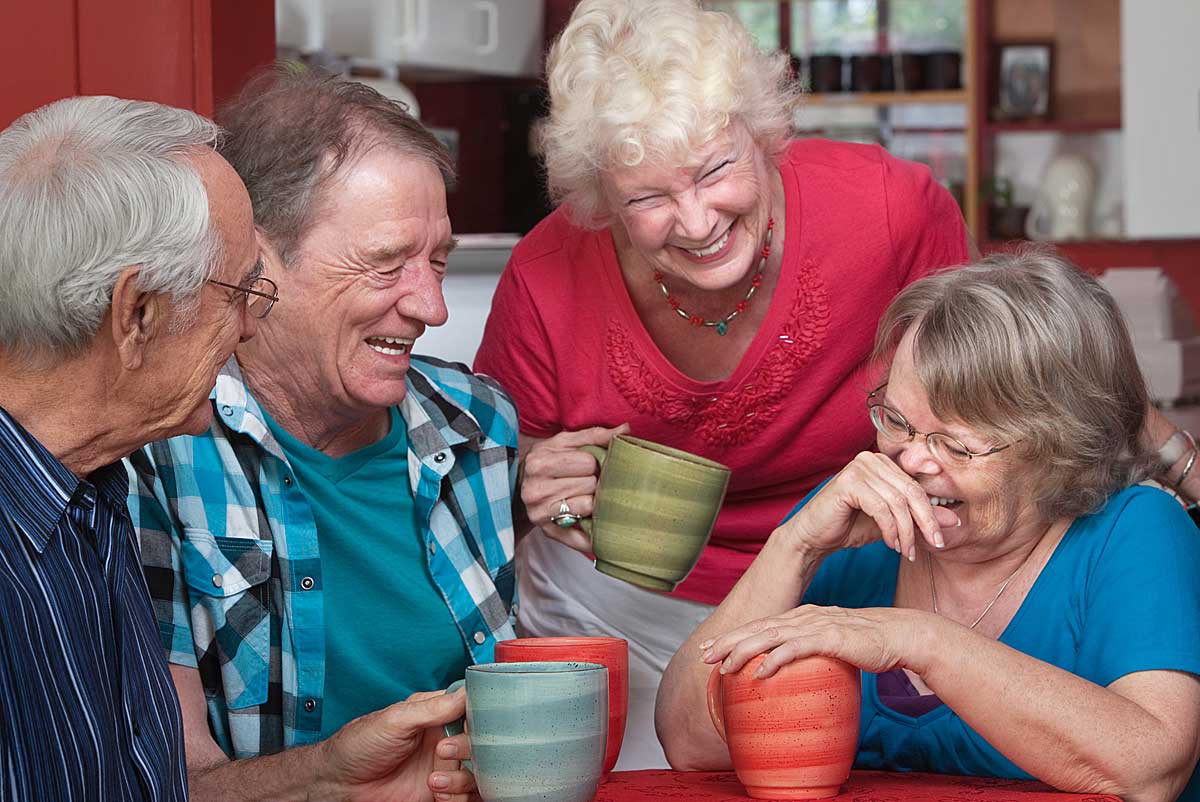
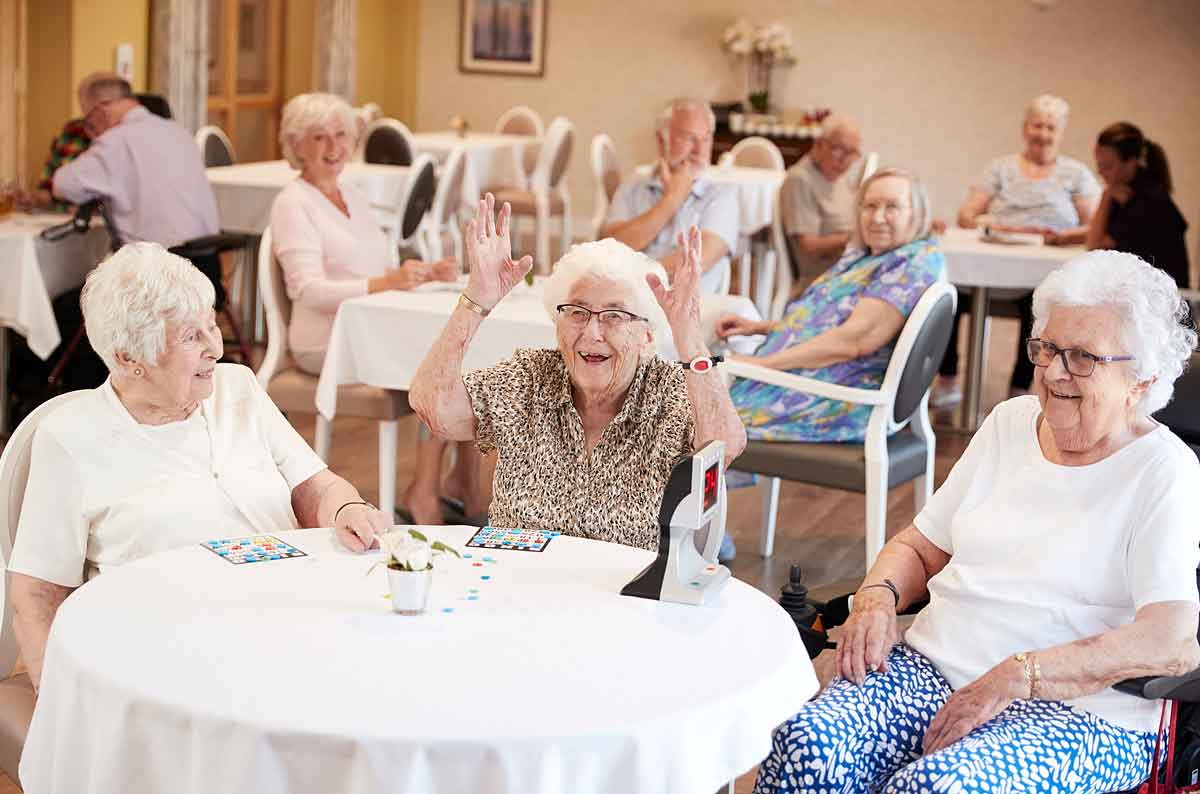

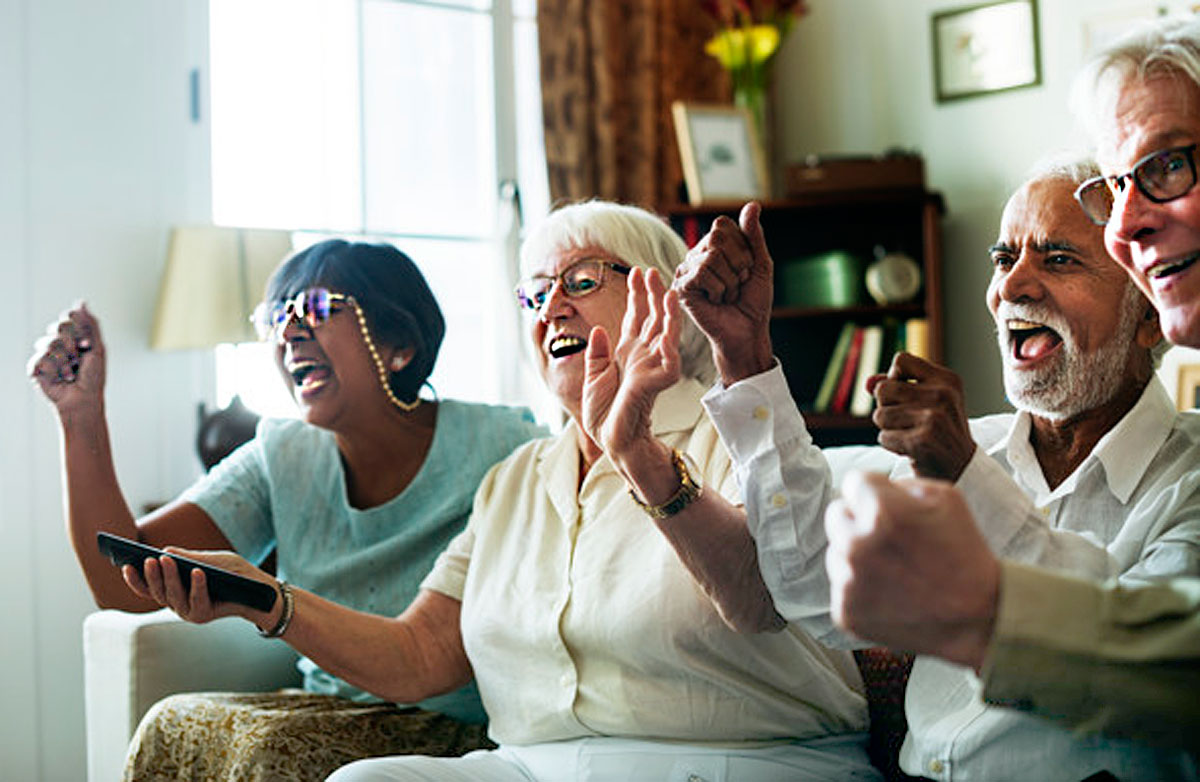
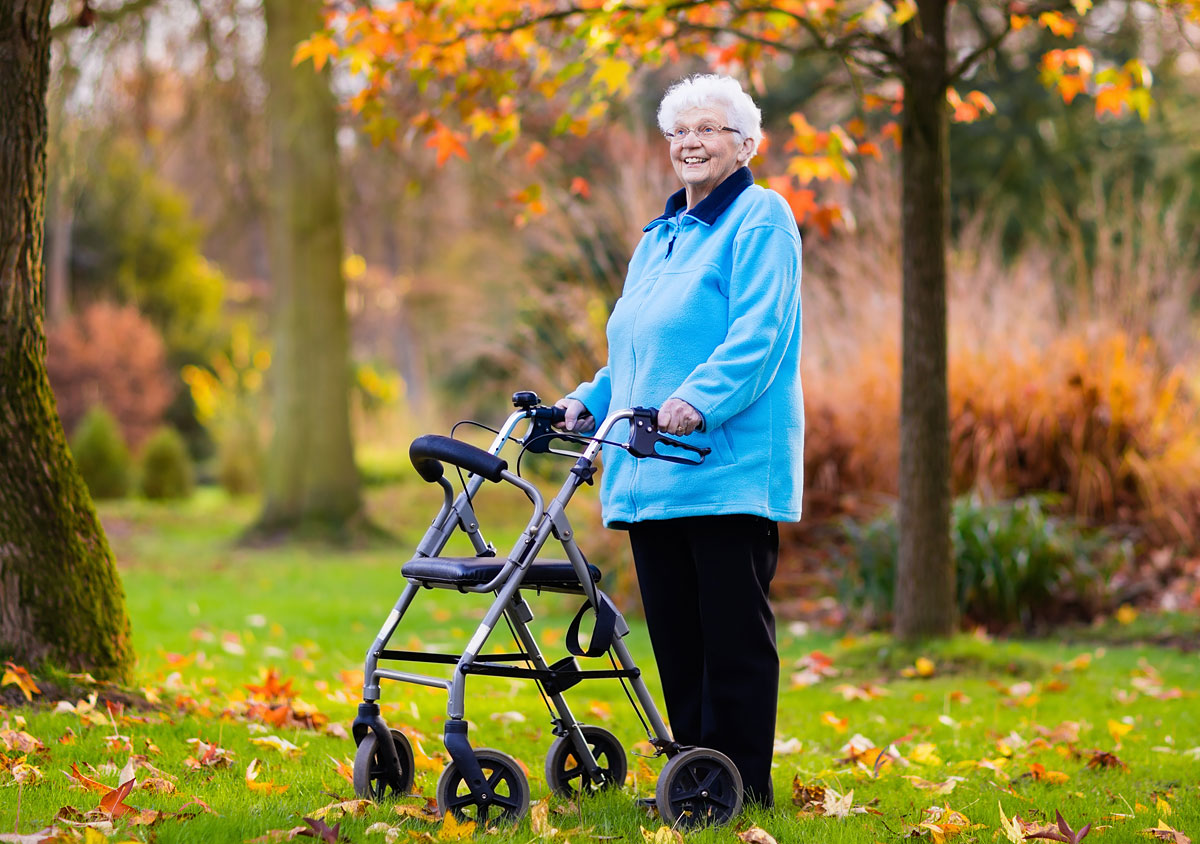

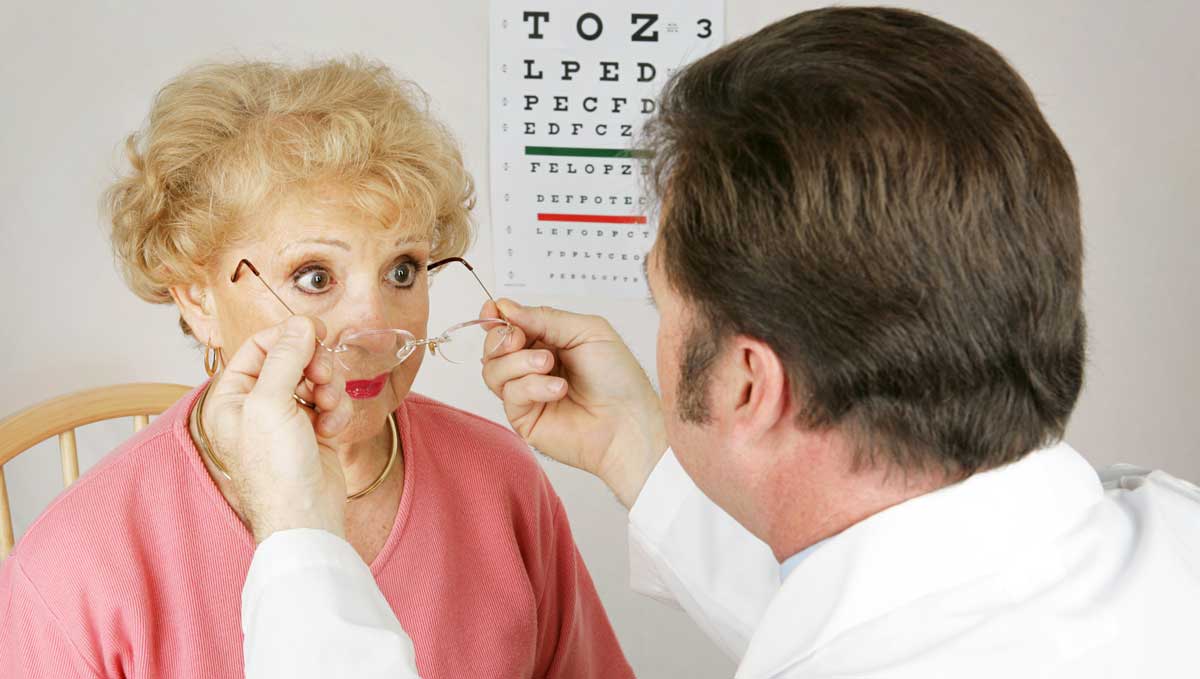
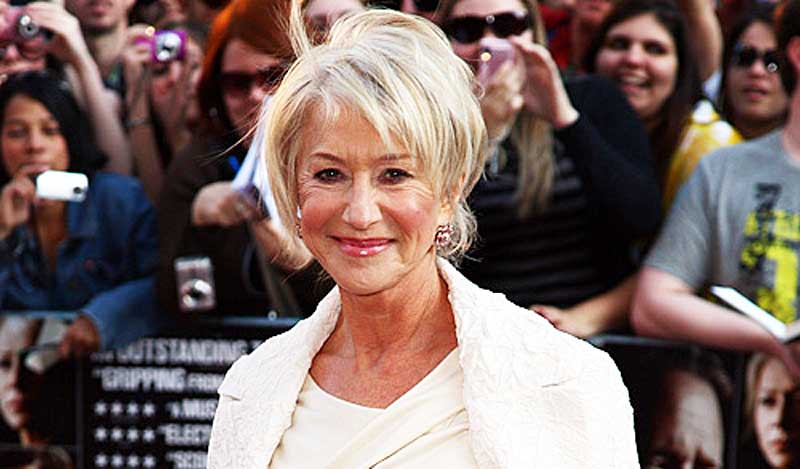
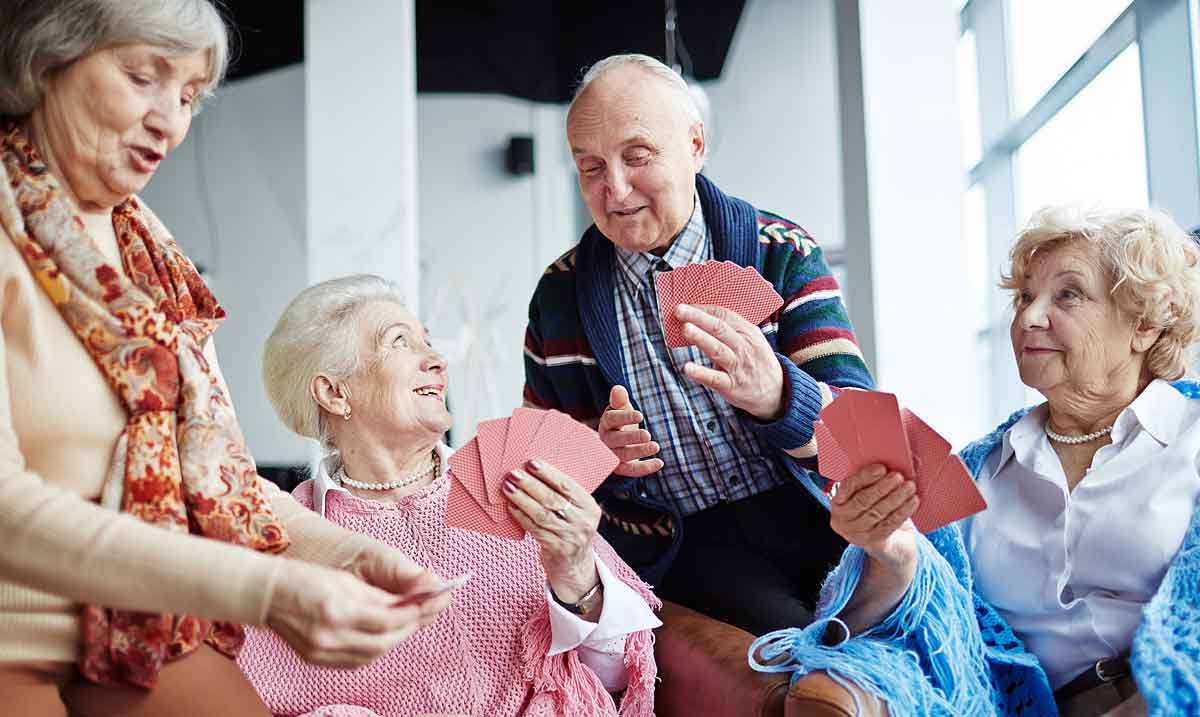

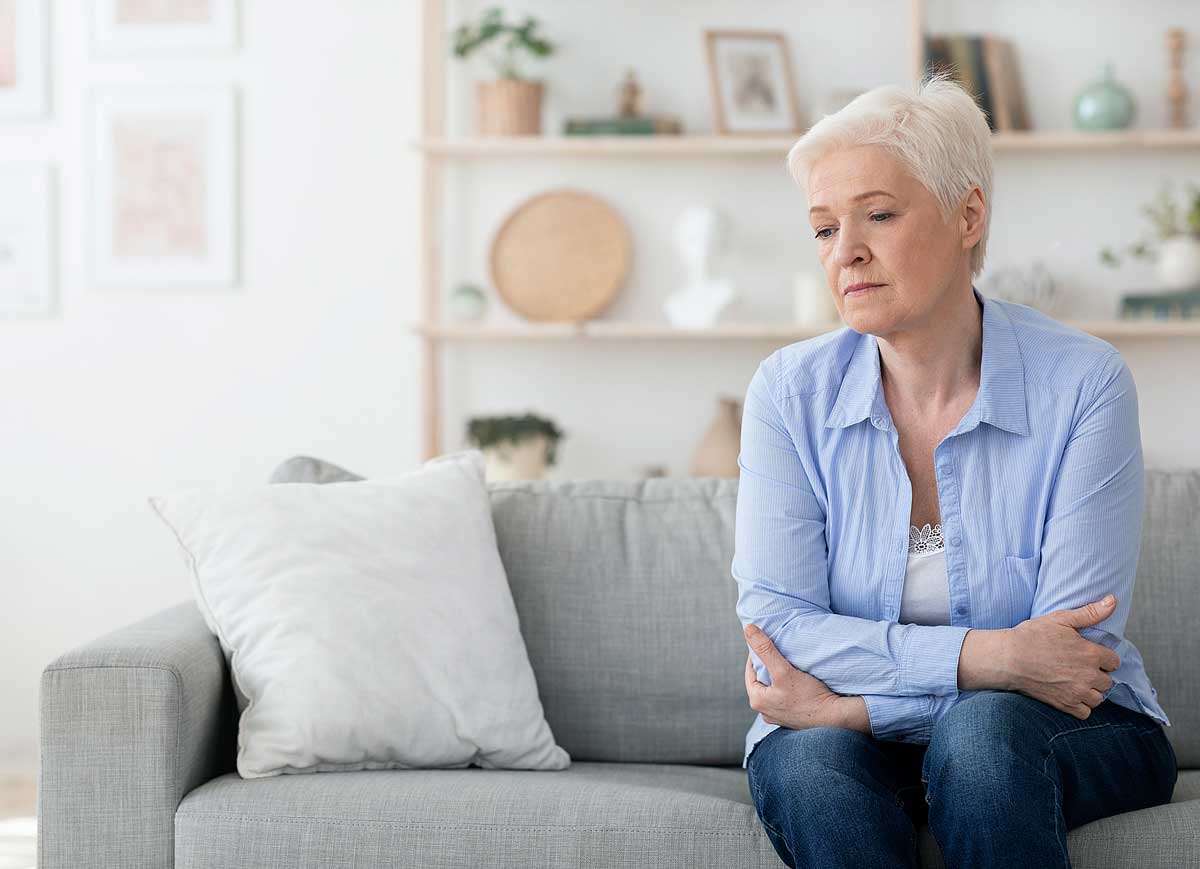

New! Comments
Have your say about what you just read! Leave me a comment in the box below.